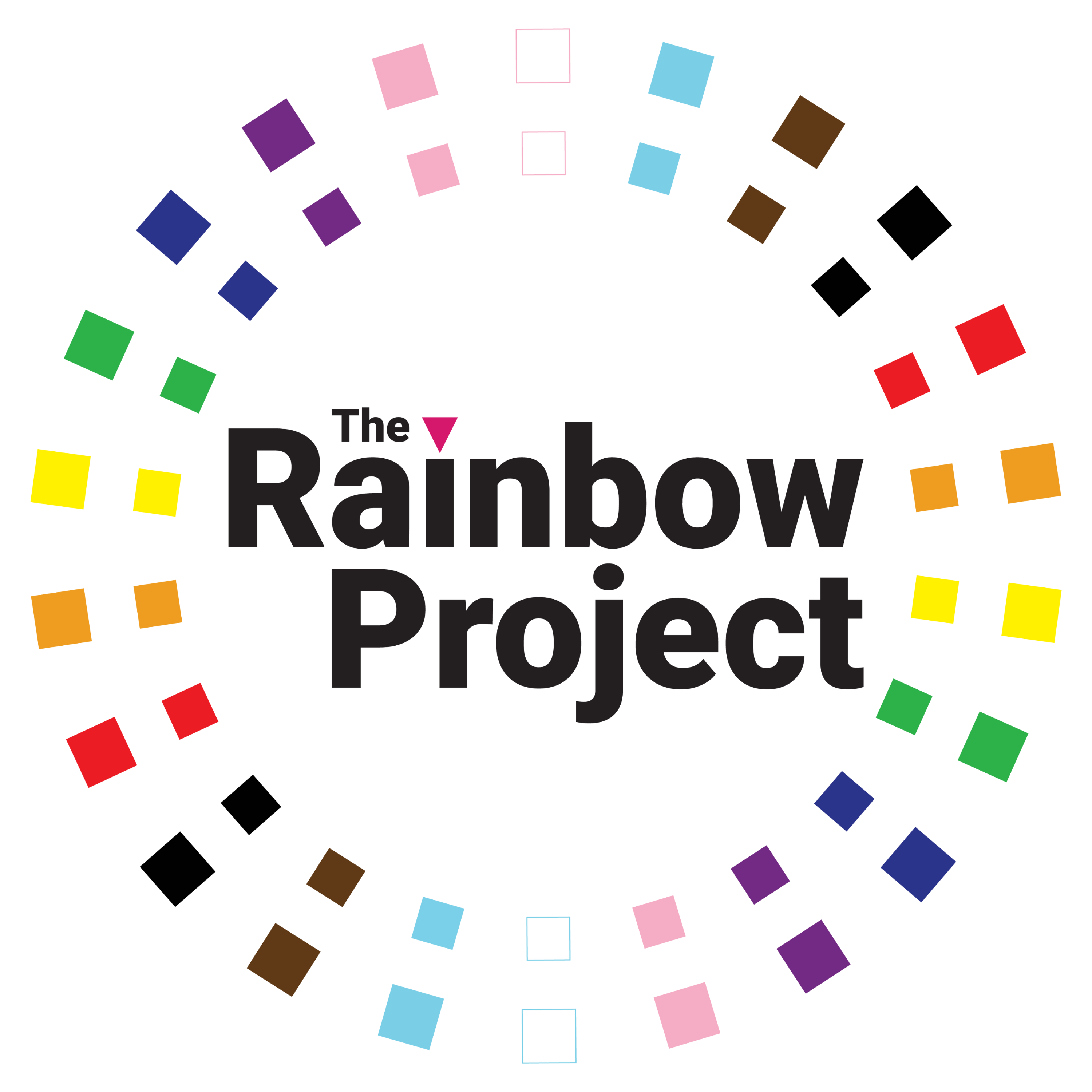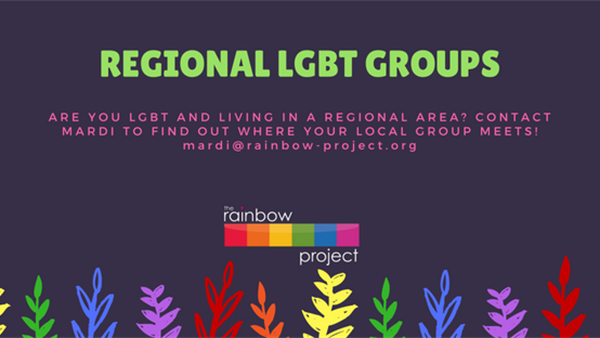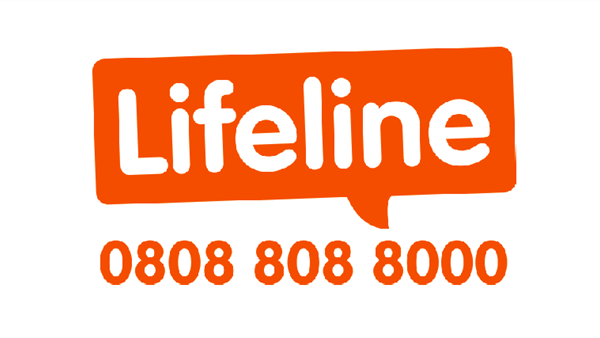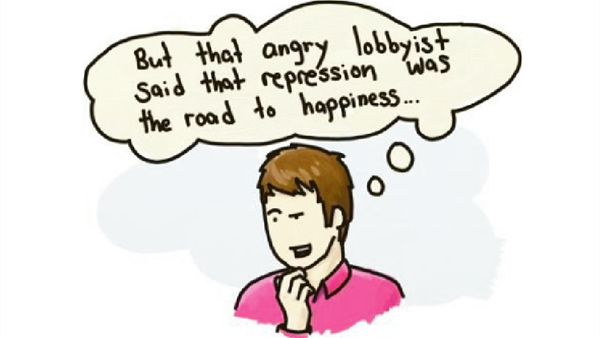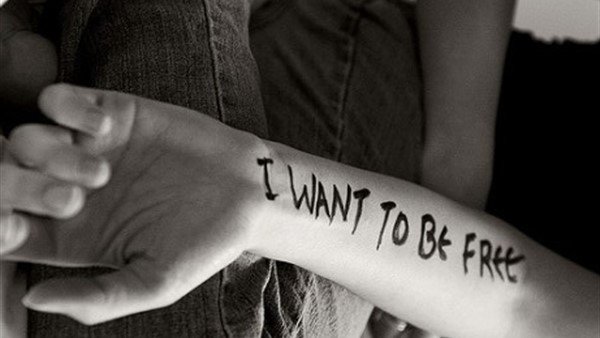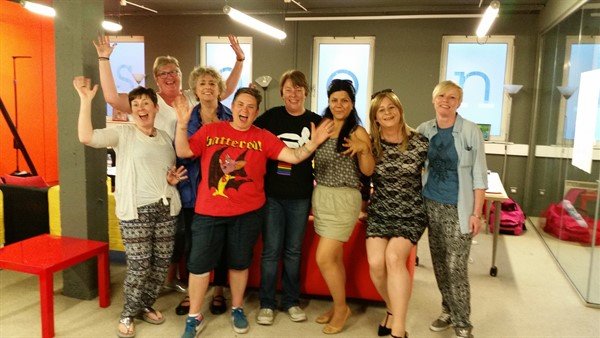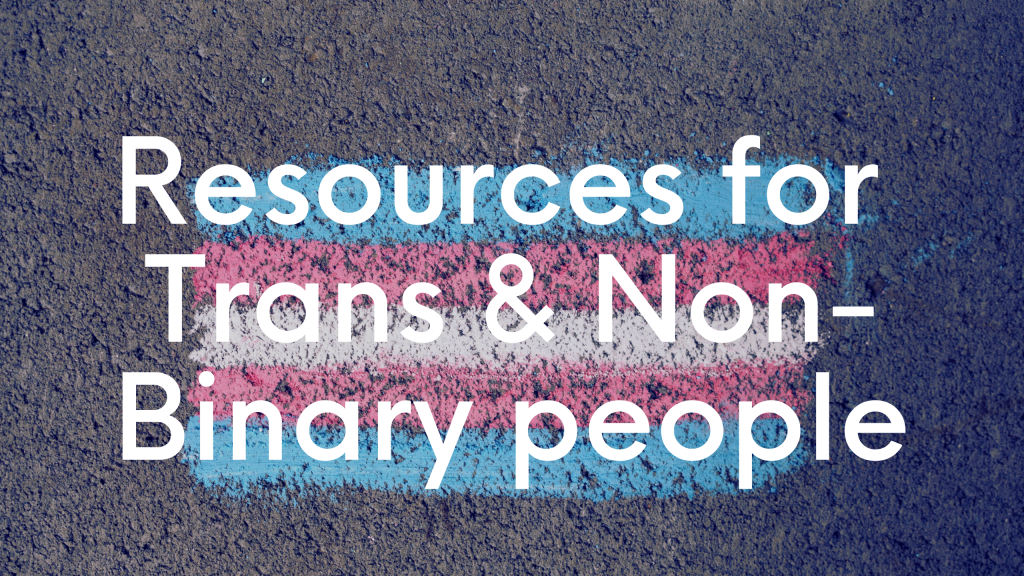Health and Wellbeing
Most of us take our mental health for granted. After all, since it’s such a basic, yet unseen, part of who we are, it doesn’t seem to merit a lot of thought compared to everything else going on in our lives or in the world. As people, we tend to spend more time concentrating on our physical health – exercising, losing weight, eating properly, getting enough sleep, etc, and yet the reality is that our mental health is a major factor in all aspects of each of our lives.
We see it play out in our relationships, in our performance at work or school and in health issues. Today, protecting and strengthening our mental health couldn’t be more important, especially for gay and bisexual men.
Research shows that LGBTQIA+ people are particularly vulnerable to developing mental health problems due to the homophobia, discrimination and oppression that exists within society. It is not surprising, therefore, that this community is more likely sometimes to self-harm, feel suicidal, experience depression, misuse alcohol/drugs, suffer from anxiety or develop problems with food.
Being LGB&/T, however, does not necessarily mean that you will experience poor mental health. It does mean, however, that we need to spend as much time looking after our mental health as we do with our physical health.
When you are mentally healthy you feel good about yourself, enjoy relationships, learn confidently and overcome your difficulties. When you aren’t, you may feel overwhelmed by misery, anger or fear.
In this section of our website, you will find a range of articles on being LGB&/T and looking after your mental wellbei
Peer and social support groups for LGBT people throughout regional areas of Northern Ireland
Lifeline is a 24-hour counselling service for people of any age in Northern Ireland who is in distress or despair. Calls are answered by qualified counsellors who will listen, offer support and advice, but not judge.
As we grow up we are taught the values of our society. In our homophobic, heterosexist, discriminatory culture, we may learn negative ideas about homosexuality and same-sex attraction.
Self harm is when someone deliberately injures themselves. They may cut themselves to draw blood, take too many tablets or bang their head against a wall.
The Rainbow Project offers free Personal Development Programmes that supports LGBT people in building their resilience in a safe and affirmative environment.
Whether you’re someone who’s questioning and figuring out their identity, just came out as trans, or have been out for a while and are looking for a bit of information and support, you’ll hopefully find something here that helps you along your way. come next!
